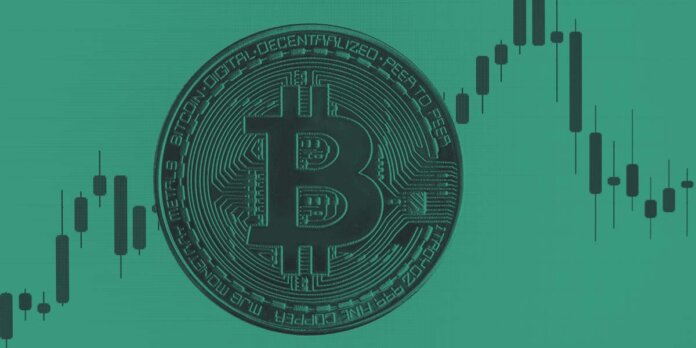Virtually any asset can be tokenized, although not all tokenization is done in the same way. Security Tokens also come into play in a variety of different use cases. Here we have highlighted a number of these use cases, and in this article we would now like to look at three more, having already observed various use cases last week.
Tokenization of the Ownership of Tangible or Intangible Assets
These are often referred to as asset-backed securities and can be tokenized ownership of precious metals, apartment buildings, or royalties from music for example.
Blockchain Capital
Blockchain Capital Token is one of the oldest security tokens. Launched in 2017, token holders benefit from exposure to the underlying assets of the fund, which invests in the digital assets and equity securities of some of the most recognized emerging companies building blockchain and digital asset platforms.
22x
22X Fund Token is a security token offering backed by real assets i.e., equity investments in Silicon Valley’s top companies.
In addition to the four common ways that economic interest can be pulled from tangible and intangible assets, there are four common ways that the investment contract can be structured from a legal perspective including:
Tokenized Subordinated Loans or Structured Products
A subordinated loan allows the security token issuer to raise capital by issuing a debt instrument that promises to pay an interest rate with principal repayment at the end of a fixed term. Subordinate refers to the loan being inferior to any non-subordinated loans outstanding, because security token investors may only demand payment of the coupon payment after all other non–subordinated creditors have been paid. Also, they are paid out after non-subordinated creditors in the case of bankruptcy, and if the company does not pay out the promised interest payments or principal repayments to the security token holders, insolvency proceedings can not be forced by subordinate creditors. Although this is an extremely high risk type of bond, it is one of the most common bond types used in the crowdfunding industry.1
Crowdlitoken
The Liechtenstein-based Crowdlitoken is structured as a subordinate bond (“CRT”) that has an initial term of 25 years. When traders want to go in and out of their Crowdlitoken investment, they can sell the purchased token to another interested party on secondary markets.2
Tokenization of a Special Purpose Vehicle
Many cryptocurrency investment products are structured as notes that are issued by an SPV. However, the shares of an SPV can also be directly tokenized. Regardless of being tokenized shares of an SPV or a note issued by an SPV, there is risk with this structure and it is not sensical for an SPV to go public, although, this is legally possible. SPVs were traditionally set up by larger corporations that wanted to engage in risky investments. The structure of the SPV means that the parent company is protected from the risky investments made by the SPV, because they are different companies. However, the solvency of the SPV depends on the parent company’s wellbeing. If the parent company is in trouble, the SPV’s investors are in trouble too, because the assets held by the SPV are not ringfenced on the parent company’s balance sheet. Another problem is that SPV’s often buy assets with lines of credit provided by the parent company. If the SPV loses money, it may draw on the guaranteed liquidity lines offered by the parent company, which can put the parent company in an increasingly precarious position, especially if multiple high risk SPVs are dependent on the capital of the parent.3
Brickblock
Brickblock in Germany tokenized the participation shares of an SPV in order to sell a property worth approximately €2 million in Wiesbaden, Germany.4 Each share entitles the token holder to the economic benefits of the underlying real estate asset (e.g. dividends from rent, interest, principal distributions).
This is far from all that can be tokenized. Even publicly traded companies, such as Overstock have been tokenized, with the number of tokenized private companies being even larger. This is the type of tokenization we will look at in another article next week!
1 https://www.svlaw.at/en/tokenize-the-world
2 https://www.area2invest.com/real-estate-tokenisation/
3 https://medium.com/@blockchainlawyer/special-purpose-vehicles-at-the-intersection-of-blockchain-and-law
4 https://www.prnewswire.com/news-releases/brickblock-tokenizes-the-first-property-in-europe-300820582.html
This article is an extract from the 90+ page Security Token Report 2021 co-published by the Crypto Research Report and Cointelegraph Consulting, written by thirteen authors and supported by Crypto Finance, Blocklabs Capital Management, HyperTrader, Ten31 Bank, Stadler Völkel Attorneys at Law, Riddle&Code, Coinfinity, Bitpanda Pro, Tokeny Solutions, AlgoTrader, and Elevated Returns.




